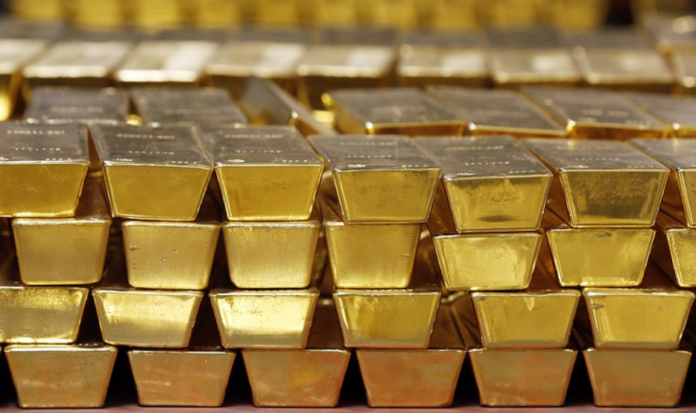The government has disclosed its intention to submit a restructured Agyapa Royalties Agreement to Parliament for approval.
Finance Minister, Ken Ofori-Atta, made this known when he inaugurated the Board of Mineral Income Investment Fund in Accra on Tuesday, October 12, 2021.
Mr Ofori-Atta said the Attorney-General has already reviewed a restructured deal and repackaged it to inure to the benefit of the State.
“The Attorney-General has looked at it and we have had a few stakeholder meetings and I think the new board should be energised to review that and then go through the Parliamentary process,” he said.
The controversial deal was approved by Parliament but was withdrawn by the government following a Corruption Risk assessment by the former Special Prosecutor, Martin Amidu.
The Corruption Risk Assessment revealed that there was reasonable suspicion of bid-rigging and corruption activity in the selection process of the deal. It was also discovered that the transaction was embroiled in infractions regarding relationships and conflict of interest.
The newly inaugurated board has been tasked with the sole objective of getting the deal operational.
“I’m unequivocal that it is the way to go in terms of monetising our minerals and finding a way to leverage it to reduce the level of debt of the country and move it into equity. And with the concerns that were raised we should be able to address them and move forward,” Mr Ofori-Atta added.
MORE:
Background
On August 14, 2020, Parliament approved the Agyapa Minerals Royalties Investment Agreement and four related documents to allow for the monetisation of Ghana’s future gold royalties.
Under the agreement, Agyapa Mineral Royalties Limited has been incorporated in Jersey near the United Kingdom to receive and manage royalties from 16 gold mining leases over the next 15 years or so.
In exchange, the firm will list on the London and Ghana Stock Exchanges and raise at least $500 million for government to invest in infrastructure, health and education.
The listing will allow private people to buy a 49 per cent stake in the firm.
However, some 22 civil society organisations called for a suspension of the deal, insisting it was not in the interest of Ghana.

